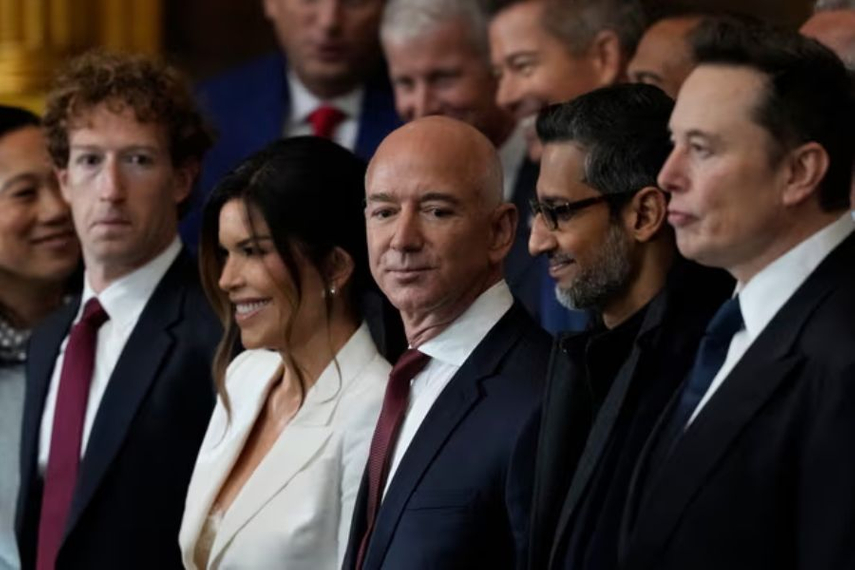
Please sign in or register
Existing users sign in here
Having trouble signing in?
Contact Customer Support at
[email protected]
or call+852 3175 1913
From Meta's masculinity pivot to the mass corporate retreat from DEI, flexibility, and parity commitments, 2025 is exposing the friction between corporate values and valuations, revealing what happens when trust is deemed to have outlived its market worth.

Contact Customer Support at
[email protected]
or call+852 3175 1913
Top news, insights and analysis every weekday
Sign up for Campaign Bulletins
The redundancies are in a department responsible for sales and partnerships and part of a broader cost-cutting move as Google invests $75 billion in AI and data centres.
In a world shaped by Gen Z and hyper-local engagement, the winning brands aren’t the loudest—they’re the ones that create authentic experiences that foster belonging and build trust.
AI promises speed, efficiency—and fewer billable hours. So why are ad agencies investing millions in a tool that threatens their bottom line? Campaign Red digs into the tension between progress and profit.
Campaign speaks to Tony Chang of the iconic Taiwanese food brand to learn about the brand’s strategy in penetrating the Japanese market, and the challenges of localisation.